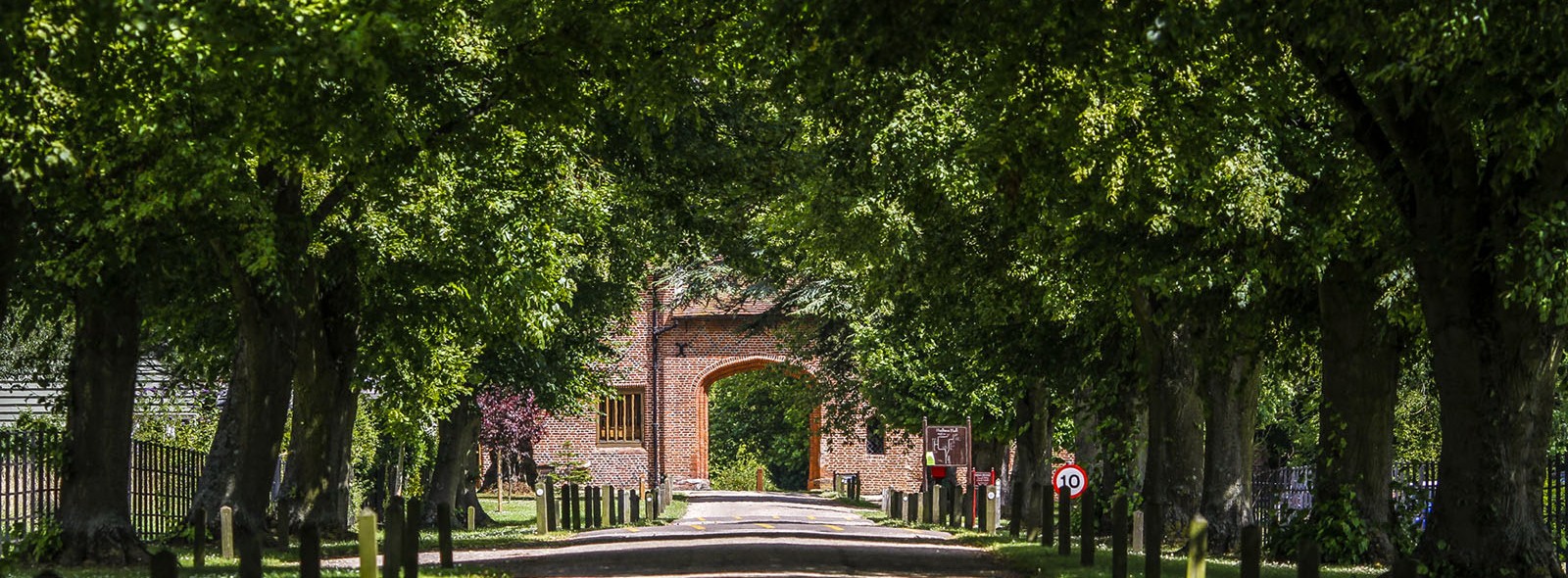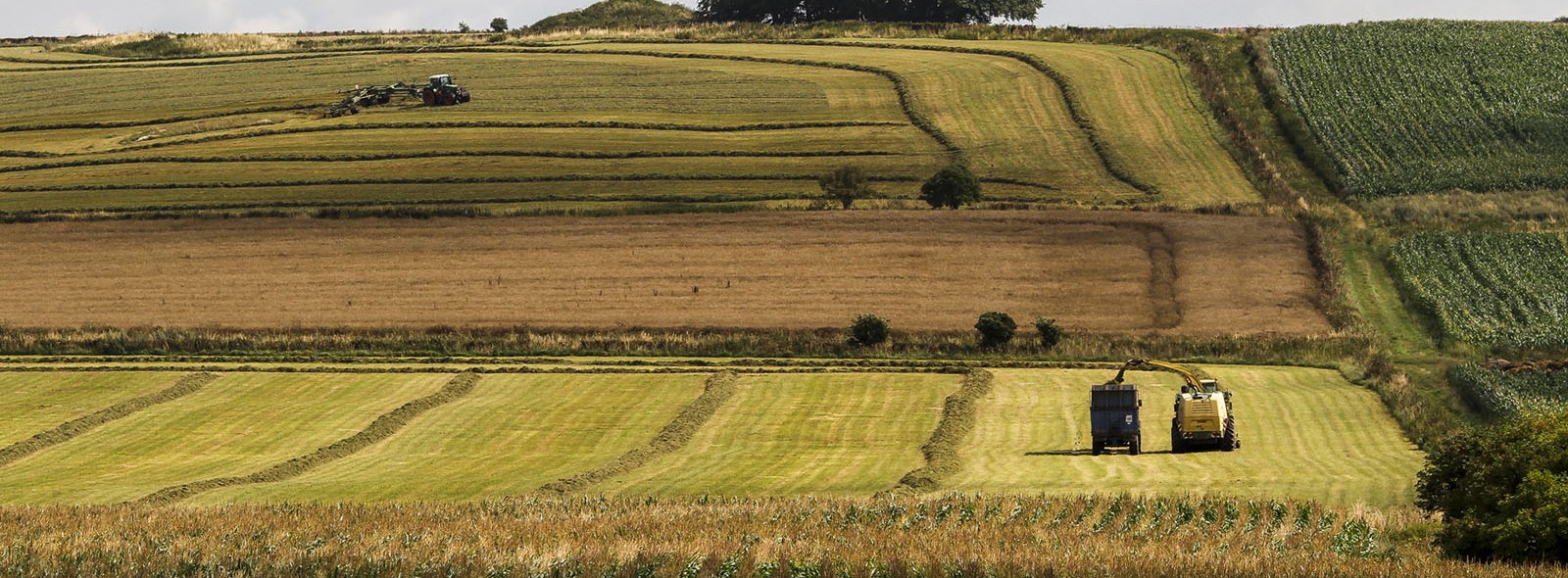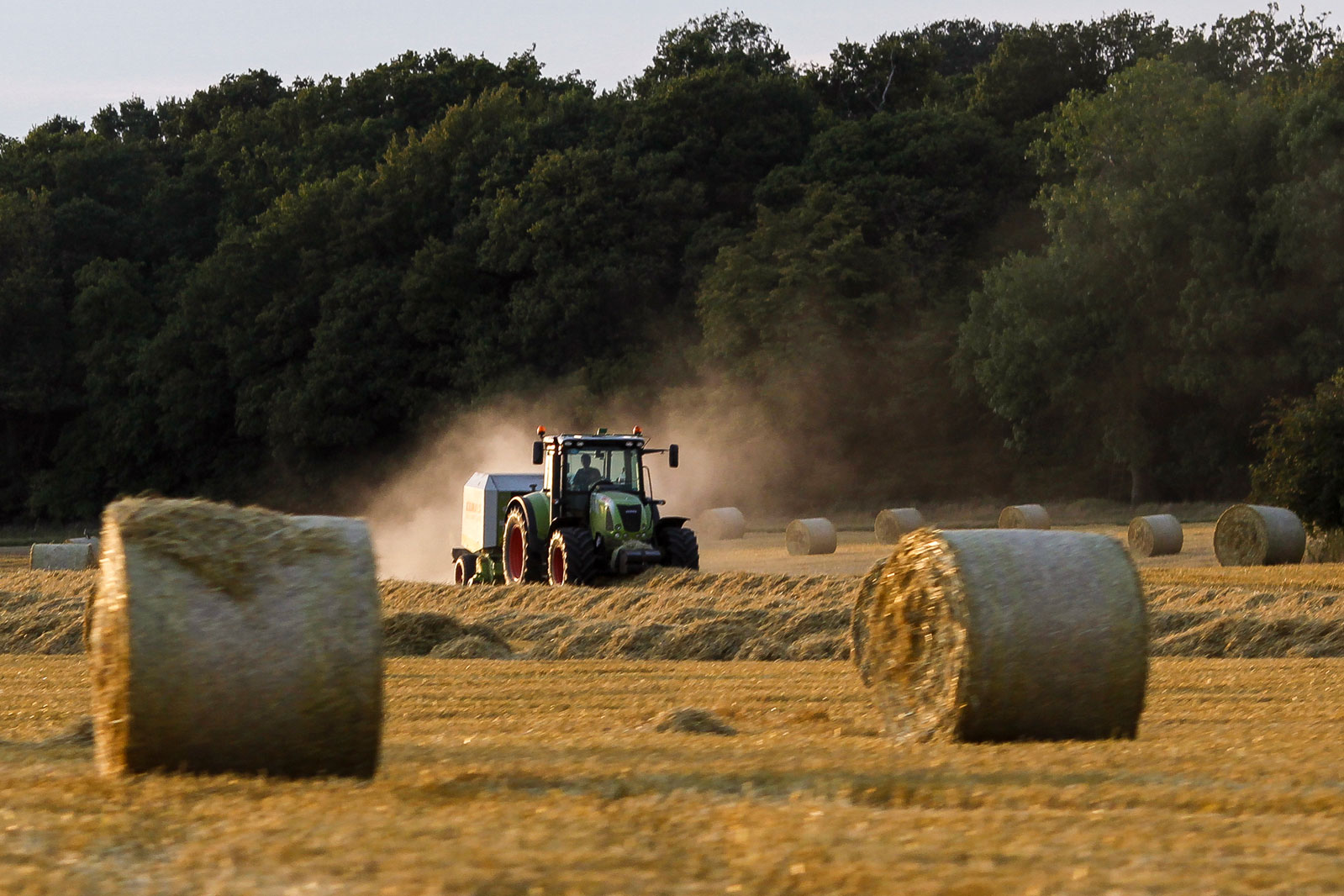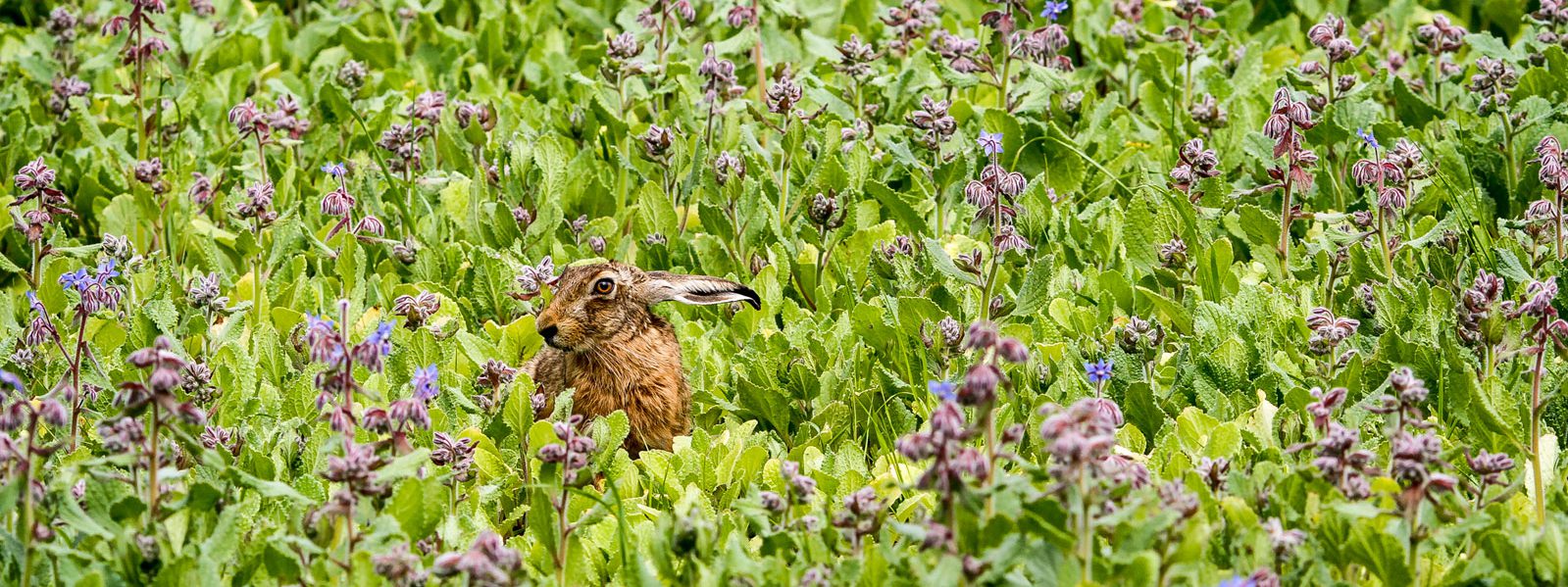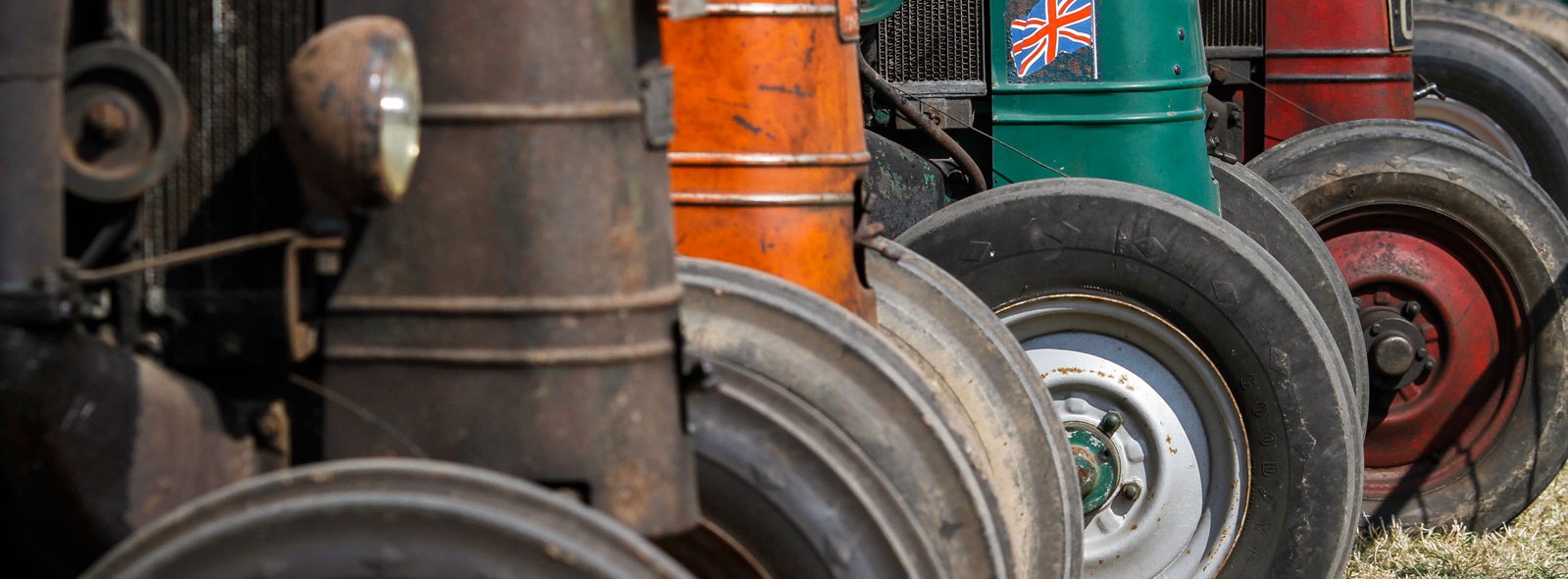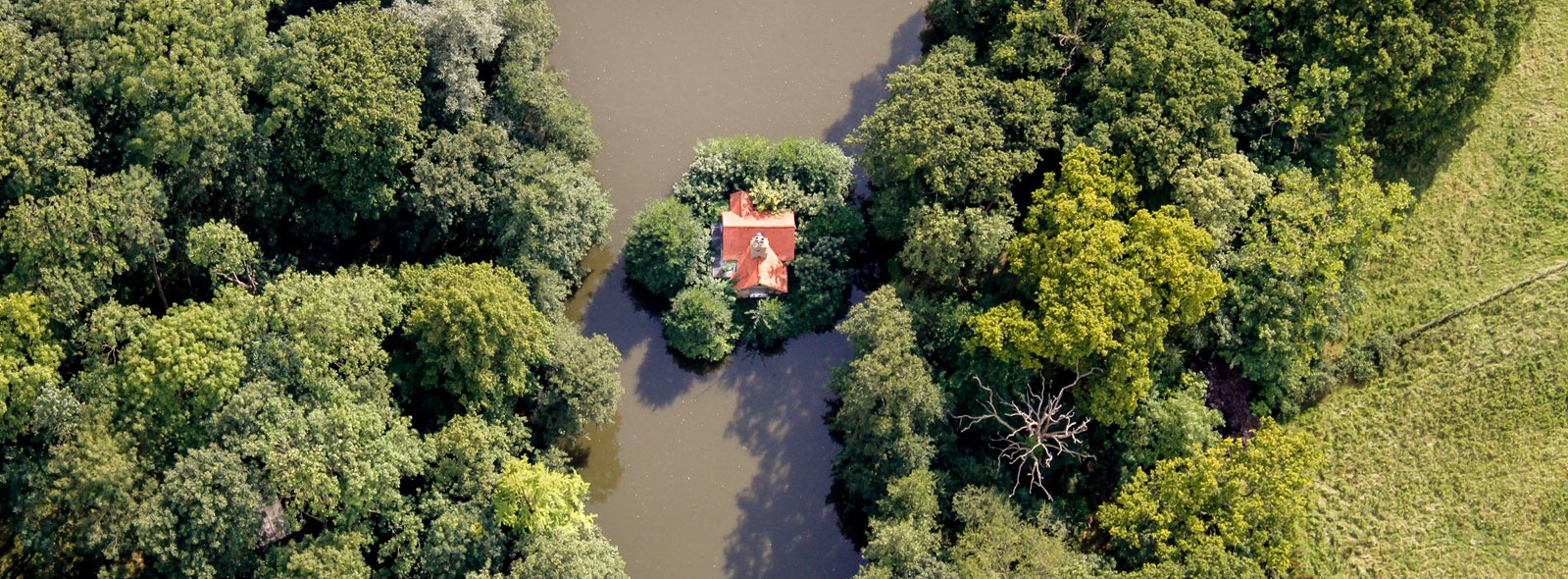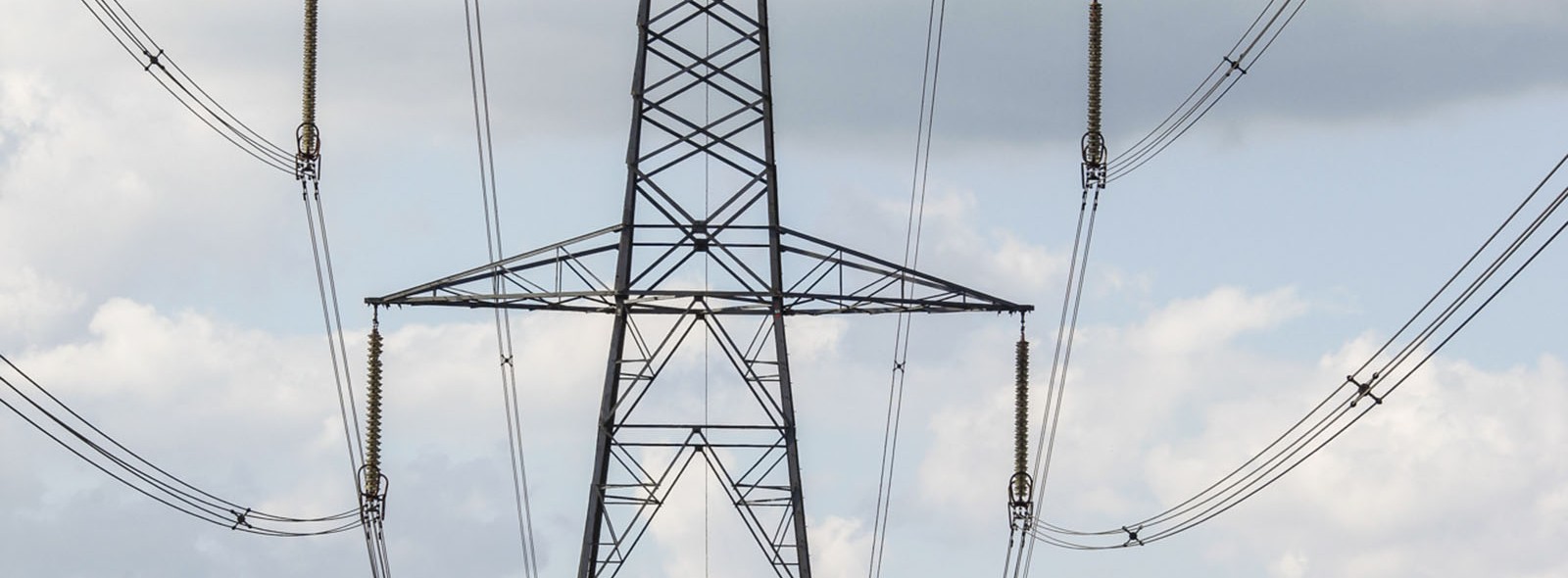Relief for UK Agriculture Following EU Trade Agreement
The UK agricultural sector has generally breathed a huge sigh of relief at the eleventh-hour post-Brexit free trade deal agreed with the EU. Following months of increasing concern and uncertainty over potentially catastrophic implications that a no-deal scenario may have had on many sectors, this trade deal has provided some form of certainty for many. Although much of the detail for agriculture is still to be seen, the continuation of tariff-free export for agricultural goods will come as significant relief for many sectors that make up the £14 billion worth of exports to the EU annually. NFU president, Minette Batters, is encouraging British farmers to look ahead to the new opportunities it may present while warning there still may lie some challenges ahead.
The NFU are encouraging farmers to embrace the opportunities which the coming era of agriculture is likely to present to the industry. UK agriculture will see the Government introduce its own agriculture policy for the first time in almost 70 years, with the latest update offered by the Government’s ‘Path to Sustainable Farming’ plans. The hope is this new subsidy regime will provide opportunities for British farmers to improve productivity and invest in a wider range of markets.
This new EU trade agreement, however, does not come without cost as there are still likely to be challenges ahead for agricultural export markets as we leave the Brexit transition period. Traders are likely to experience higher costs and increased amount of bureaucracy to maintain trade routes, with calls to the government to do what it can to minimise these. The tariff-free EU trade deal also does not extend to every sector of UK agriculture with some specific sectors excluded, such as the export of seed potato. This is a significant sector, especially in Scotland, worth around £112 million annually. Overall, however, many key figures within UK agriculture have welcomed the EU free trade agreement as a positive step forward and welcome the reduced uncertainty it provides.
Michael Sills
(Photo provided by Ian Harris Photography.)


